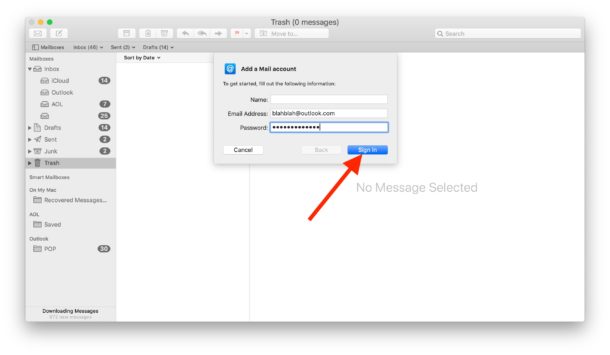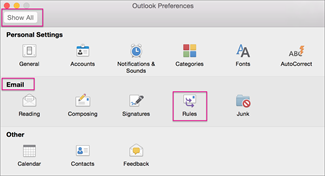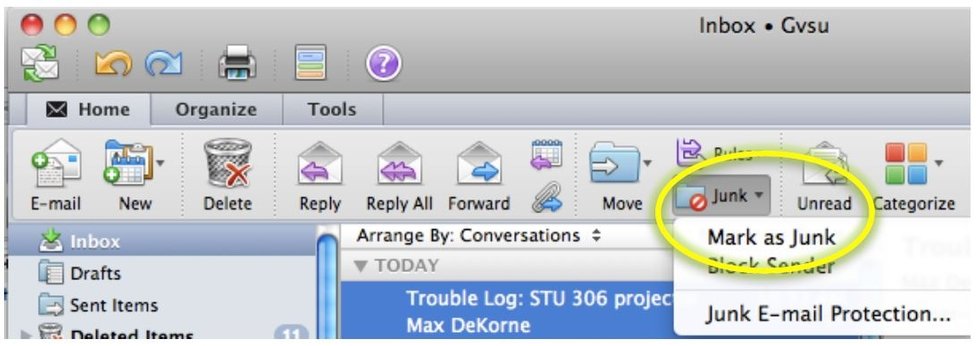
If this is not working for you, we have some methods you can use fix Outlook Search. Click Criteria and specify the details of the search on the Search Folder Criteria dialog box. Then, enter a Name for the Search Folder on the Custom Search Folder dialog box. If you're creating a custom Search Folder, click Choose on the New Search Folder dialog box. Select a ready-made Search Folder template from the list or select Create a custom Search Folder under Custom at the bottom of the list. To create a new Search Folder, click New Search Folder in the New section on the Folder tab. The original messages remain in their respective folders. The messages are not moved to the Search Folder, they're only shown there. Outlook provides some templates for Search Folders or you can create your own.įor example, the Unread Mail Search Folder shows you all your unread mail in one folder, even if they're in different folders in your email account. Note: If you have a Gmail signature, it will be shown at the bottom of your vacation response.If you search for the same words and phrases in Outlook often, you can set up a virtual Search Folder that shows you a list of all items that match certain search criteria. At the bottom of the page, click Save Changes.Under your message, check the box if you only want your contacts to see your vacation reply.Fill in the date range, subject, and message.On the Outlook Mail toolbar located at the top, select Sweep. Select the Inbox option on the left side to view your emails, then double-click the email to open a message from the sender you want to block. Scroll down to the "Vacation responder" section. To set up a rule in Outlook Mail on the web that deletes all messages from a sender and removes all current messages from the same sender.In the top right, click the Settings gear > See all settings.Select Mail > Automatic Processing > Automatic replies on the left.At the top of the page, select Settings the setting gear.To set options for replying to people outside your organization (if it is enabled by your Exchange administrator), check the Also send replies to senders outside my organization box, select Send to all external senders, and under Reply once to each external sender with, enter your automatic reply.Note: When you check this box and set start and end dates and times, your out of office replies will turn off automatically when the end date and time occurs. To set the start and end dates, select the Only send replies during this time period check box, and enter the start and end dates and times.Under Reply once to each sender with, enter your automatic reply.


If you want to send automatic replies to those outside your organization, we recommend choosing My contacts only. Note: Sending automatic replies to anyone outside my organization will send your automatic reply to every email, including newsletters, advertisements, and potentially, junk email. On the Inside My Organization tab, type the response that you want to send to colleagues while you are out of the office.

Otherwise, you'll need to turn off automatic replies manually. This will turn off automatic replies at the date and time you enter for the end time.

Optionally, set a date range for your automatic replies.


 0 kommentar(er)
0 kommentar(er)
